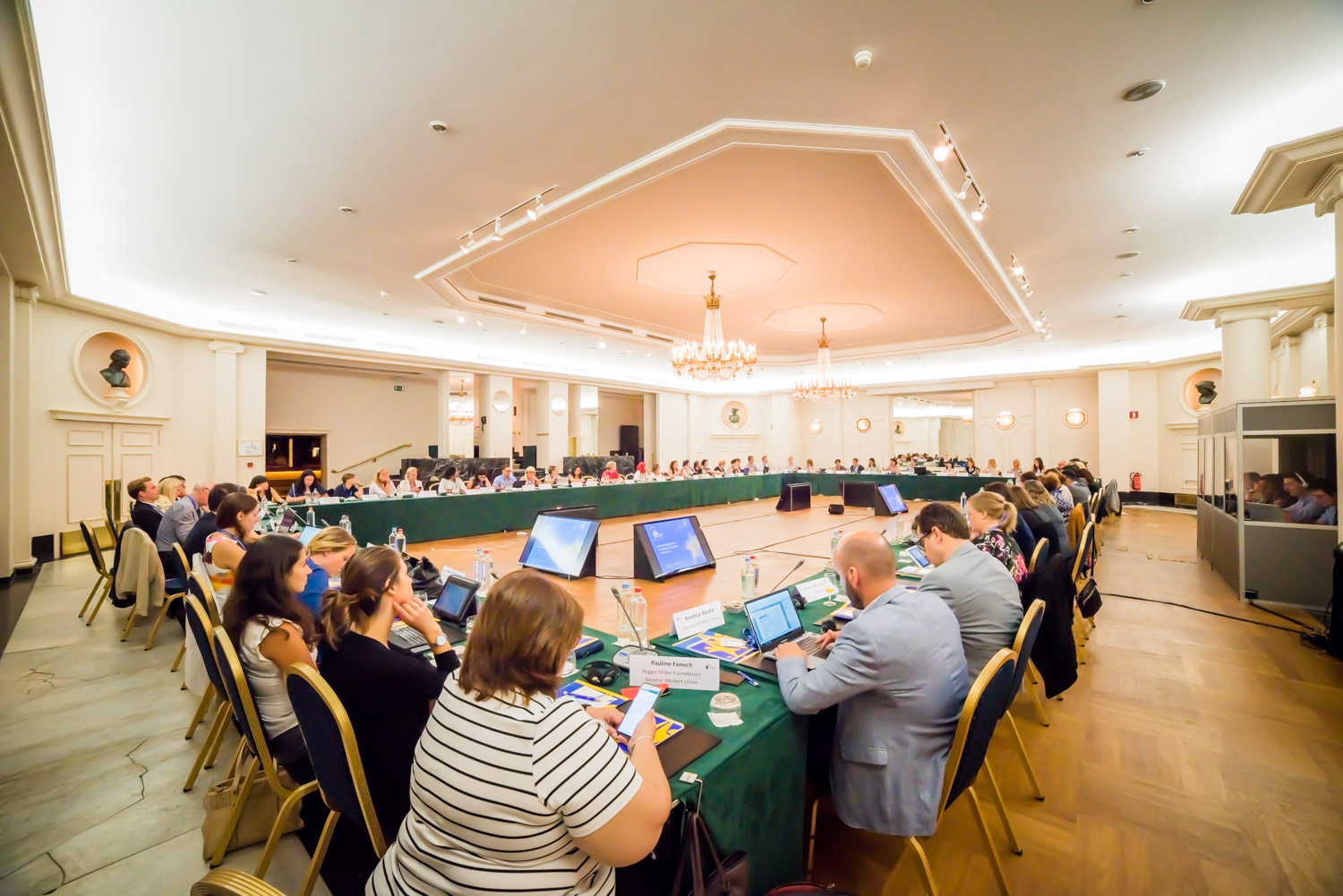Social partners discussed the way out from gender segregation in education, training and employment
Published:
ETUCE members from France, Italy, Germany, UK, Cyprus, and Belgium, actively contributed to the discussions on gender segregation in education and teaching profession at the learning seminar ‘Finding the way out from segregation in education, training and employment: Fostering gender equality and the role of social partners’, organised on 3 July in Brussels by social partners and European Institute for Gender Equality (EIGE).
EU Social Partners and stakeholders exchanged views and experiences on how to empower women and men in the workplace and in education by addressing gender stereotypes and promoting a more balanced access to jobs and education opportunities, for both women and men. The seminar focused in particular on the gender segregation in education, training and employment in the male-dominated sectors of Science, Technology, Engineering and Mathematics (STEM) and in the female-dominated sectors of public service, education and healthcare.
EIGE provided the EU statistics showing that the gender gap in education and training in STEM fields (around 19% of girls) is more or less the same size as the gender gap in education and training in public service, education and healthcare fields (around 19% of boys). However, the gender gap in the employment in these fields is significantly bigger for women: only 14% of women in STEM sectors and 27% of men in public service, education, and healthcare.
Presenting the long-term solutions to gender segregation in education, Rossella Benedetti, Chair of ETUCE Standing Committee for Equality, Gitta Franke-Zöllmer, Chair of ETUCE Women’s Committee, and Alexandra Bojanic, member of ETUCE Equality Working Group, highlighted that teachers’ involvement in the design of education policies, strong social dialogue, and raising the status of teaching profession, are key to the successful promotion of gender equality both in the education and the society.
European Director Susan Flocken said, “Even though, provisions for equal pay of women and men in the education sector exist in Europe, the low valorisation of the teaching profession, challenging working conditions, and unequal distribution of caring responsibilities between men and women have a strong negative impact on gender equality. It is impossible to achieve gender equality in education and the society without overcoming gender segregation in the teaching profession, and education trade unions play a significant role in this process.”
Please find the EIGE presentation on gender segregation in education, training and employment, here.